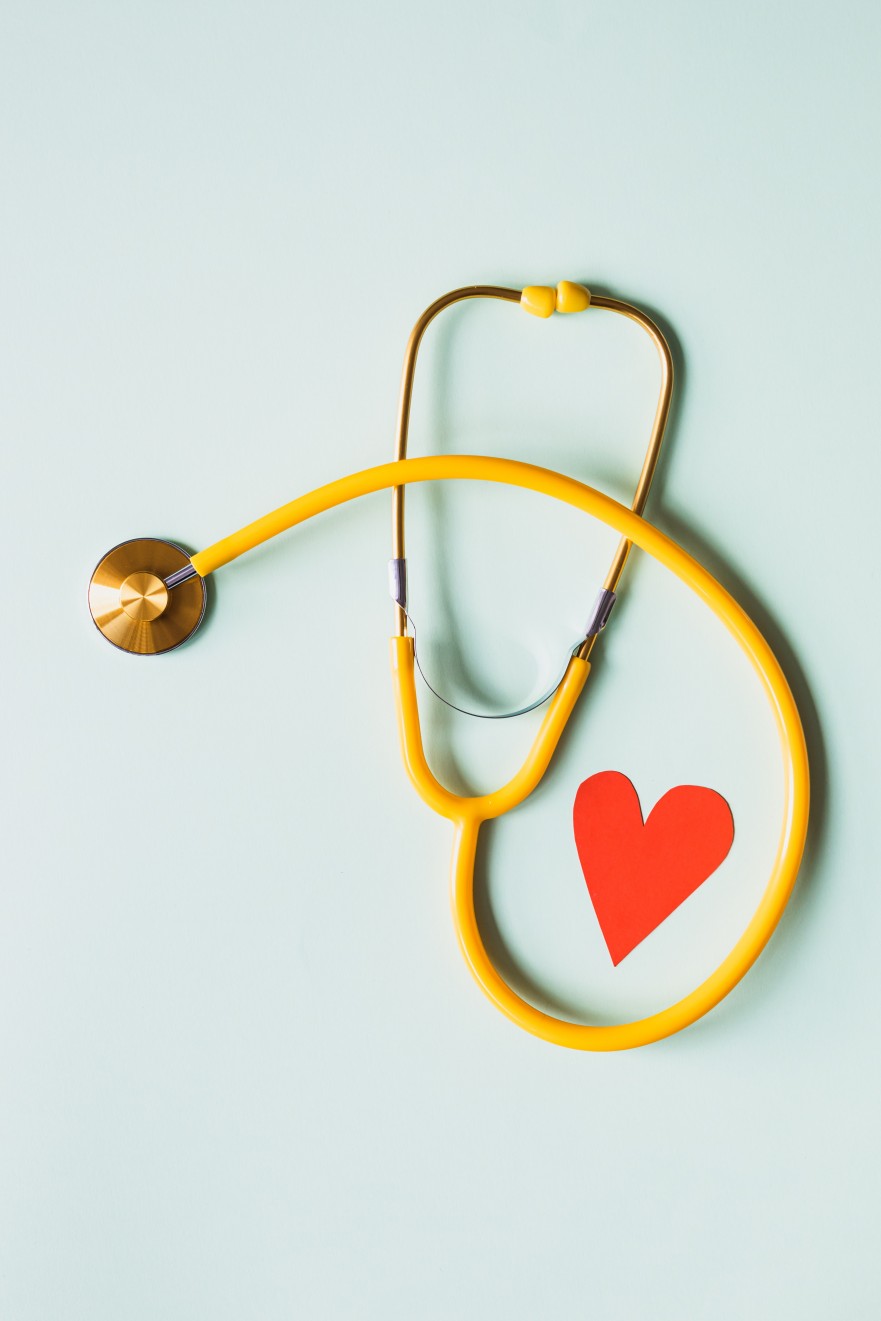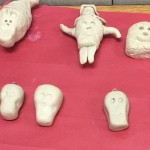Today, 11/25/2020, at 8:09 am, I typed “frontline workers COVID” in my Google Chrome search. The following stories came up, all posted within the last 24 hours:
- TExas’ medical and frontline workers and vulnerable populations to get COVID-19 vaccine first
- Frontline workers call for improved COVID-19 precautions ahead of holiday shopping rush
- 70-year-old nurse dies of COVID-19 after leaving retirement to teach front-line workers
- Fort Worth bar and grill provides meals to frontline workers
- Some frontline medical workers feeling weary, overwhelmed amid COVID-19 surge in Arizona
For many reasons, I have always equated nurses and Certified Nursing Assistants (CNA) as the medical equivalents to teachers and Instructional Assistants (IA). Both groups undergo certification, can specialize, and must maintain licenses. Our teams include administrators, custodial staff, and behind the scene folks that help pull it together. We also have the opportunity to develop special relationships and connections with our “clients” because of our personal, daily interactions. We often think about them when we are not working, and look for resources and opportunities to improve their lives.
We are also underworked, understaffed, and all too often, underpaid. One major difference that has arisen due to COVID-19: The majority of teachers are able to work from home, but for obvious reasons, frontline medical staff cannot.
Medical staff must continue to have direct contact with the persons exposed and infected by the virus. They have no “barrier” beyond personal protective equipment (PPE). Also, only qualified persons can do their jobs. There are “subs” available, called traveling nurses who can come fill in when needed. The problem today is that the pandemic has made this limited resource difficult to impossible to secure.
I believe as a community, we were all aware of the potential stress overload this population would be hit with from the beginning of the epidemic. I also believe we responded well with meals, funds, and supports. It is pretty much impossible to provide direct support with the necessary no contact enforcements that are in place at hospitals.
Now, we have a second wave quickly approaching and the forecast is gruesome. While we get to stay at home, medical staff are being called into work. We are hearing more reports in the news about the emotional and physical health of this overstretched, critical, service population. Their reporting and symptoms reminded me of teachers who are overworked, overstressed and have no relief in sight. Many are reporting depression, anxiety, fatigue, and to some degree hopelessness.
At this point, I do not think meals will be enough. It sounds like they need more direct support on a human level. This may be even more important during the holiday season. Still, what can we do with the no contact hospital restrictions in place? I proposed this question on Twitter (@yolandachanel) and to my class. The idea came that we may be able to help the workers by helping their families. If we can alleviate some of the stress of the holidays, they may be able to reserve that energy for the work ahead of them. Ideas include:
- Keep masking up, keep social distancing…even over Thanksgiving and Christmas! We all have to make sacrifices. This is a relatively small one considering the lives lost and in critical care due to COVID-19. Say thanks by staying out of the hospital.
- Keep sending food and sponsoring meals. We teachers know how much that special catered lunch means, especially during high demand times.
- Keep funding reputable relief funds – if you know of one you are comfortable with, keep it up.
- Adopt a Frontline Family – adopt the family of a frontline worker/medical/hospital staff this holiday season
- Gift wrapping, shopping, (outdoor) decorating
- Gift cards for lifestyle services: cleaning, laundry, meal delivery, and dog walking services can really make a difference for our community servants that are away from home
- Offer your specialized service at a free or reduced rate- counseling, self-help, yoga, beauty, and other restoration services can be especially important at this time
- Send cards and thank you notes. Get your students and kids involved. Deliver or mail them to the hospital for all staff.
The best person to support can be the frontline worker that you know. Please do not assume that help is not needed or wanted. If not, call your local hospital or ask around. Pretty soon, you will be linked to a family in need of your support and care.
These are the few ideas my class came up with. I am looking for more! If you have an idea to contribute, please share it with me in the response section. Stay safe!
Image Information: Created by Karolina Grabowska, free download, free to use, no attribution required; retrieved on 11/25/20 from https://www.pexels.com/photo/medical-stethoscope-with-red-paper-heart-on-white-surface-4386467/










Comments 2
I love these ideas! I cannot imagine the stress of the holidays on top of the stress of increasingly crowded hospitals. Adopting families is an excellent way to show we care.
Yolanda, thank you for this post! I so appreciate my school nurse and don’t know what in the world we would do without her. I definitely don’t want her or the other medical workers to think they’re not appreciated. Your suggestions for showing that appreciation are great!